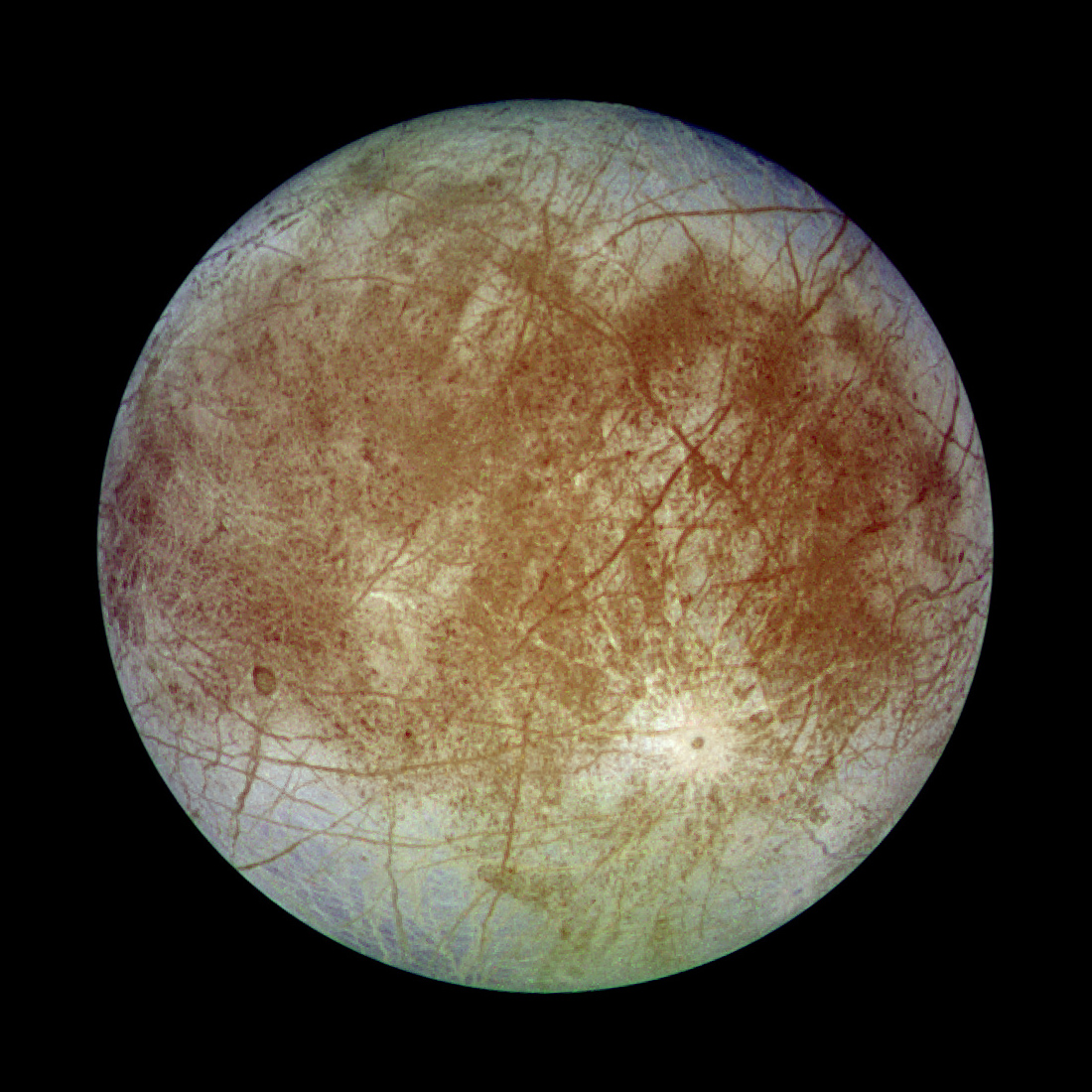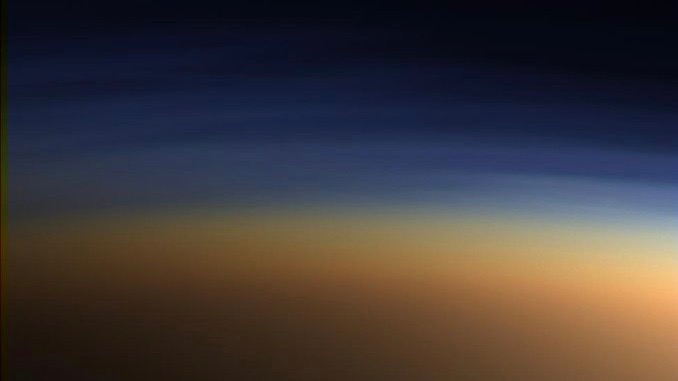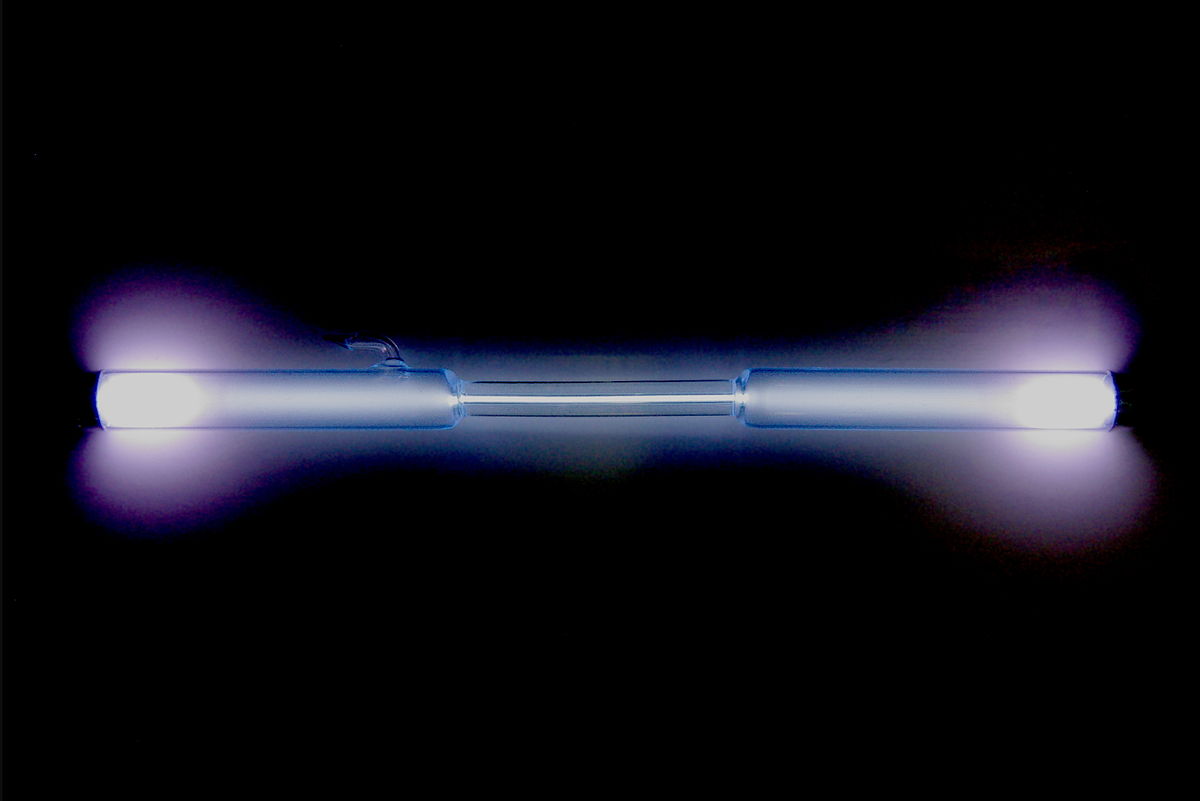
The evolution of life and of Earth’s biogeochemical cycles are inextricably linked to the evolution of the solid Earth. Yet, despite tremendous advances in knowledge, we lack a quantitative, predictive “theory” of the Earth system that describes the mechanistic linkages between the interior and the surface, and how they have changed with time, let alone their relationships to life’s emergence and evolution. The value of such a theory can be illustrated in efforts to understand the Great Oxidation Event (GOE) that transformed Earth’s surface ~ 2.3 billion years ago, making intelligent life possible and framing the search for life beyond Earth. Superficially, at least the non-biological core of such a theory is straightforward. In practice, it is an immense generational “grand challenge” requiring fundamental advances and vigorous collaboration across subdisciplines that rarely interact. The hurdles are both scientific and sociological. This talk will present a possible framework for developing an integrated theory of Earth system evolution rooted in GOE research, as well as insights into the sociological aspects of this challenge gleaned from scholars of communication and interdisciplinary dynamics.
 Getting Under Europa’s Skin
Getting Under Europa’s Skin Tracing Formation and Evolution of Outer Solar System Bodies Through Stable Isotopes and Noble Gas Abundances
Tracing Formation and Evolution of Outer Solar System Bodies Through Stable Isotopes and Noble Gas Abundances Photosynthesis, a Planetary Revolution
Photosynthesis, a Planetary Revolution Xenon: King of the Gases
Xenon: King of the Gases